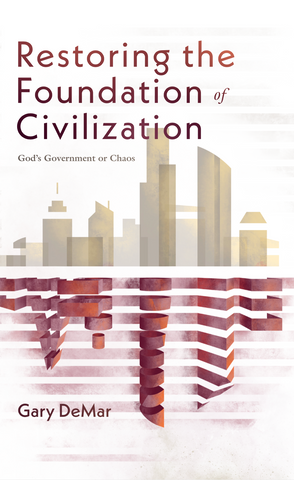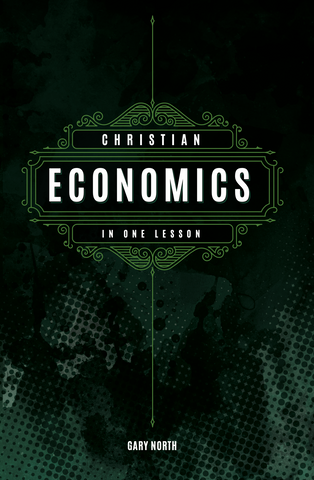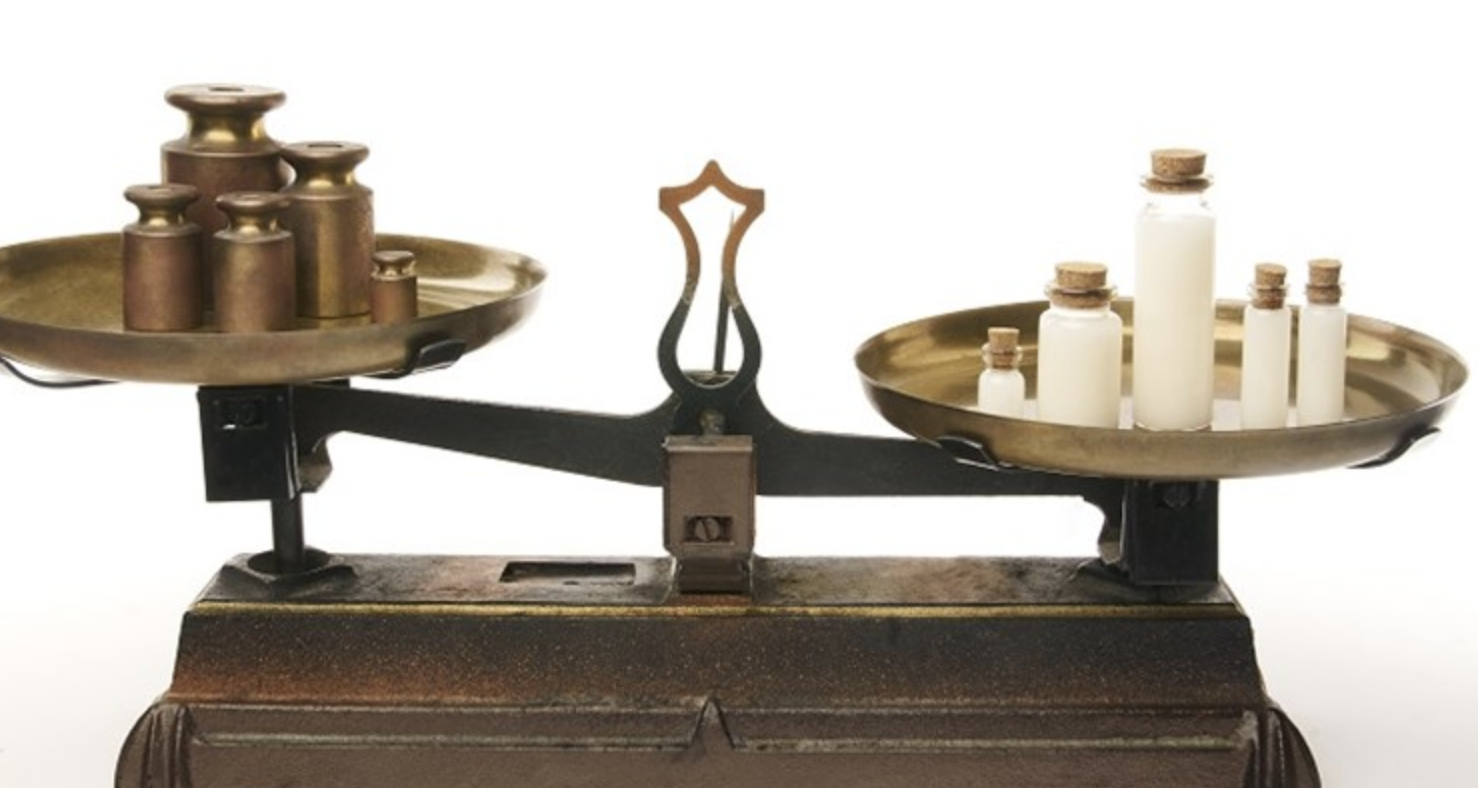The unequal application of the law in terms of economics and politics is real. I listened to a discussion about taxation led by Sen. John Kennedy of Louisiana. It was good as far as it went, but one phrase was missing: By what standard? Wealth redistributionists appeal to inequity, that is, some people make more money than other people, and as a result they should be taxed at a higher rate. Few critics of excessive taxation rarely ask the question, what are collected taxes being used for? Are the uses legitimate? Are they moral? Does the Constitution empower the national government to institute programs and agencies not enumerated in the Constitution to control the economy and so much more? Is wealth confiscation and redistribution moral?
These are legitimate questions. Should Christian leaders/pastors address them? The better question is, Does the Bible address them? Absolutely! The Bible is clear that there should not be two standards of justice—one for political elites and another for everyone else. There is no way to read the Bible and not address issues of the day in terms of the Bible. The Torah is filled with examples of applying the Bible to everyday life, laws that applied to citizens, priests, and kings; no one is exempt. This did not mean that there was consistency. King David is a good/bad example of unequal justice that Nathan the prophet pointed out to him concerning his relationship with Bathsheba and his deathly dealings with Uriah the Hittite:
And the Lord sent Nathan to David. He came to him and said to him, “There were two men in a certain city, the one rich and the other poor. The rich man had very many flocks and herds, but the poor man had nothing but one little ewe lamb, which he had bought. And he brought it up, and it grew up with him and with his children. It used to eat of his morsel and drink from his cup and lie in his arms, and it was like a daughter to him. Now there came a traveler to the rich man, and he was unwilling to take one of his own flock or herd to prepare for the guest who had come to him, but he took the poor man’s lamb and prepared it for the man who had come to him.” Then David’s anger was greatly kindled against the man, and he said to Nathan, “As the Lord lives, the man who has done this deserves to die, and he shall restore the lamb fourfold, because he did this thing, and because he had no pity.” Nathan said to David, “You are the man! Thus says the Lord, the God of Israel, ‘I anointed you king over Israel, and I delivered you out of the hand of Saul. And I gave you your master’s house and your master’s wives into your arms and gave you the house of Israel and of Judah. And if this were too little, I would add to you as much more. Why have you despised the word of the Lord, to do what is evil in his sight? You have struck down Uriah the Hittite with the sword and have taken his wife to be your wife and have killed him with the sword of the Ammonites.
It seems church leaders and Christians in general believe it was OK for Nathan to confront King David but somehow, it’s not OK for ministers today to confront evil civil policies that hurt millions of individuals. That’s being “political.” No, it was being “ministerial,” and that’s what religious leaders are said to be.

Restoring the Foundation of Civilization
There are many Christians who will not participate in civilization-building efforts that include economics, journalism, politics, education, and science because they believe (or have been taught to believe) these areas of thought are outside the realm of what constitutes a Christian worldview. Nothing could be further from the truth.
Buy NowThe following is from Gary North’s economic commentary on the Bible from the book of Amos. In Isaiah the civil and business leaders were manipulating the economy for personal gain and getting away with it. Isaiah dealt with the same moral evil. Merchants were diluting the wine and adding base metals to the silver with the result that this inflation was hurting widows and orphans.
How the faithful city has become a prostitute,
She who was full of justice!
Righteousness once dwelt in her,
Your silver has become dross,
Your wine diluted with water.
Your rulers are rebels
And companions of thieves;
Everyone loves a bribe
And chases after gifts.
They do not obtain justice for the orphan,
Nor does the widow’s case come before them (Isa. 1:21-23).
Such economic and political moral evil was compared to Sodom and Gomorrah (1:10). Their religiosity was not a cover for the immorality. Christians who ignore these admonitions in the name of “not being political” take heed.
Hear this, you who trample the needy, who do away with the poor of the land, asking, “When will the New Moon be over, that we may sell grain? When will the Sabbath end, that we may market wheat? Let us reduce the ephah[1] and increase the shekel;[2] let us cheat with dishonest scales. Let us buy the poor with silver and the needy for a pair of sandals. — Amos 8:4-6
The theocentric issue here was judgment: point four of the biblical covenant. This indictment of the businessmen of the nation is simple to understand. They had two sets of balances, one for selling goods and the other for buying goods. The balances were used to deceive buyers. Buyers believed they were being sold one weight’s worth of goods, but in fact they were being sold less. This was a form of theft. The Mosaic law specified this practice as a moral evil.
• You must not use dishonest measures of length, weight, or volume. You shall maintain honest scales and weights, an honest ephah, and an honest hin.[3] I am the LORD your God, who brought you out of the land of Egypt (Lev. 19:35-36).
• You shall not have two differing weights in your bag, one heavy and one light. You shall not have two differing measures in your house, one large and one small. You must maintain accurate and honest weights and measures, so that you may live long in the land that the LORD your God is giving you. For everyone who behaves dishonestly regarding these things is detestable to the LORD your God (Deut. 25:13-16).
Amos, as a prophet, brings a covenant lawsuit against the nation. He linked this practice with the oppression of buying and selling Hebrew slaves. The people had a dream: “that we may buy the poor for silver, and the needy for a pair of shoes.” He had already brought this charge against them (Amos 2:6): “For three transgressions of Israel, even four, I will not revoke My judgment, because they sell the righteous for silver and the needy for a pair of sandals.”
They were not sabbath-breakers, but they chafed under the restriction on selling which the law of the sabbath imposed. They grumbled, “When will the New Moon be over, that we may sell grain? When will the Sabbath end, that we may market wheat?” They wanted no rest, nor did they intend to provide it. They wanted income, and they were willing to violate the statutes of the Mosaic law to achieve this goal.

Christian Economics in One Lesson
Christian economics must begin with the issue of ultimate ownership. This sets it apart from modern economic analysis, which begins with the issue of scarcity. Second, this leads to the issue of theft, which in turn raises the issue of ethics.
Buy NowThese people were oppressors. The innocent were taken advantage of by the people who possess influence. To do this, the oppressors had gained the cooperation of the judges, both ecclesiastical and civil. This joint winking of the eye constituted the sin of Israel. Amos and the other prophets warned that God’s corporation national judgment was coming if the rulers did not repent.
There was nothing new about this accusation. The business community had indulged in theft through deception. These people had ignored God’s law by tampering with the scales. This crime was the representative crime of injustice in the Mosaic law. “You must not use dishonest measures of length, weight, or volume” (Lev. 19:35). Solomon reinforced this connection.
A divine verdict is on the lips of a king;
his mouth must not betray justice.
Honest scales and balances are from the LORD;
all the weights in the bag are His concern.
Wicked behavior is detestable to kings,
for a throne is established through righteousness
(Prov. 16:10-12).
Amos made no call for general wealth redistribution by the state. It was a call for restitution. The crime was specific: fraud.
[1] An ephah is a dry measure of approximately 20 dry quarts or 22 liters.
[2] A shekel is about 0.5 oz. or 14 grams.
[3] A hin is a liquid measure of approximately one gallon or 3.785 liters.

